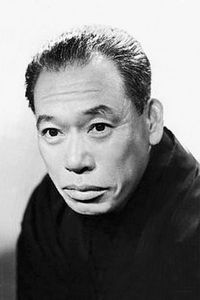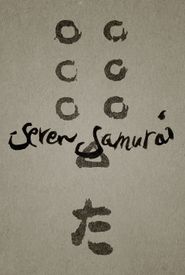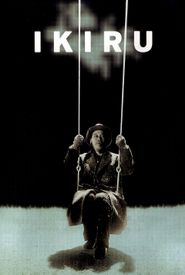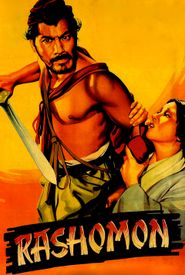Takashi Shimura, a renowned Japanese character actor, was a leading member of the esteemed "stock company" of the masterful director Akira Kurosawa. Born in southern Japan, Shimura was a descendant of the esteemed samurai warrior class. After completing his university training, he founded a theatre company, Shichigatsu-za, also known as the "July Theatre". In 1930, he joined a professional company, Kindai-za, or "Modern Theatre", and four years later, he signed with the renowned Kinema Shinko film studio.
Shimura soon found his niche playing samurai roles for various studios, and in 1943, he signed a long-term contract with Toho Studios, where he would appear in an average of six films a year for the next four decades. His greatest critical acclaim came in more than 20 roles for Kurosawa, including his iconic performance as a kindly doctor in the original "Godzilla" (1954).
Shimura's most memorable performance, however, was as a dying bureaucrat in Kurosawa's "Ikiru" (1952),a role that showcased his remarkable range and versatility as an actor. He continued to act steadily, appearing in both good and bad films, almost until his death, culminating with Kurosawa's "Kagemusha: The Shadow Warrior" (1980).
Takashi Shimura was often described as filling the spot for Kurosawa that Ward Bond filled for John Ford - an ever-present and reliable character player who consistently supplied a solidity and strength to whatever film he appeared in. Shimura was indeed a finer actor than Bond, and his incredible range and versatility made him one of the most celebrated "chameleons" in world cinema.
Shimura's remarkable career spanned over five decades, during which he appeared in a wide range of films, from the diffident clerk in "Ikiru" (1952) to the leader of the Seven Samurai in Kurosawa's "Seven Samurai" (1954). He died in 1982, leaving behind a legacy as a reluctant icon of Japanese cinema, revered for his incredible talent and enduring contributions to the world of film.
























































